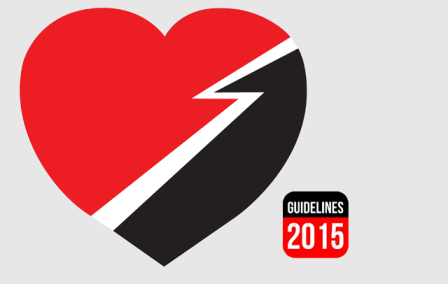Resuscitation Council Guidelines 2015
Date: Thursday, 29 October 2015. -
Blog, First Aid
Summary of the 2015 Changes
- If a casualty is displaying symptoms of a seizure, do not rule out a cardiac arrest. Carefully assess whether they are breathing normally. Agonal breathing (irregular, slow breaths with a characteristic snoring sound) is a sign of cardiac arrest.
- It is now recommended that all children should be taught how to perform CPR and how to operate an AED. This is because evidence from overseas has demonstrated that training all school children can drastically improve bystander CPR rates and survival.
- An emphasis has been placed on the importance of interaction between bystanders providing CPR and the emergency medical dispatcher. To ensure the swift deployment of an AED, the Resuscitation Council recommends that owners of a defibrillator should register the location and availability of their device with local ambulance services.
- The same steps can be followed for the resuscitation of children as adults. If you are not specifically trained in how to perform resuscitation for children, it is better to carry out basic life support rather than doing nothing.
- Everyone that is able should learn CPR; “if individuals are willing and able to provide basic life support in a community, the use of these systems may lead to faster response times when compared with emergency service attendance.”

What does this mean for imperative training?
The changes highlighted in the October 2015 report are very subtle, this means that if you currently have a first aid qualification with us there is no need to worry; the procedure for CPR remains the same and your first aid qualification is still valid.
Our mission is to provide our learners with the confidence to save lives. So every five years when new resuscitation guidelines are released we revise our course materials to ensure that they are up to scratch ensuring that our qualified first aiders are taught how to provide the most effective treatment possible.
To find out more about our first aid training services read our FAQs or contact a member of our customer service team on 0845 071 0820. We are happy to help with any enquiries you have.
